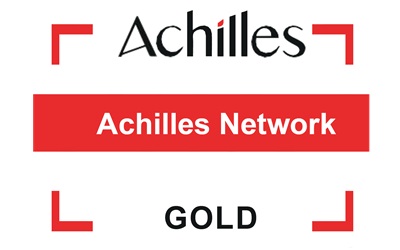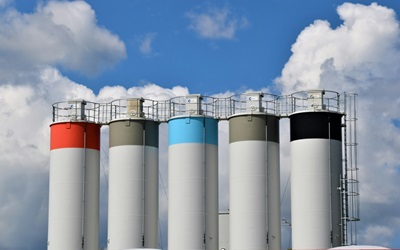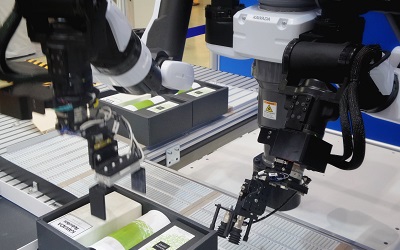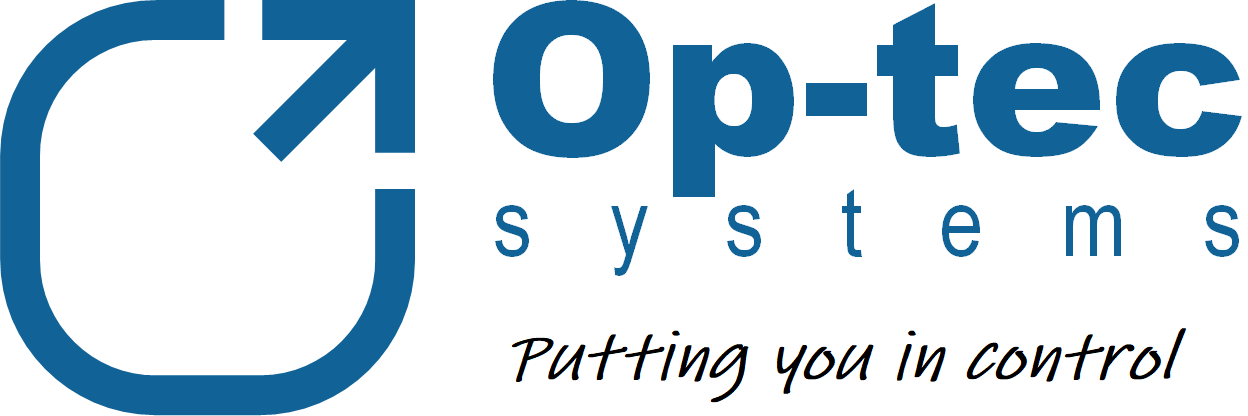Working in a heavily regulated environment, with demanding and ever-changing customer requirements, means managing a complex and flexible process plant. You certainly want an automation supplier who undertands these pressures and can meet the unique demands of your industry.
We advocate control systems which allow you to accommodate changing customer requirements while maximising repeatability. Complex batch systems may be required but much can be done with the advanced features of modern control systems. We will present you with the pros and cons of a dedicated batch system (e.g. compliant with the ANSI/ISA-88 batch standard) against a simpler formula-based system, according to your current and likely future plant configuration. We have strong links with several major vendors, whom we consult in order to provide our customers with best-in-class solutions.
Other factors important to your industry are plant safety, which often involves complex safety shut down systems able to contain over-pressurisation, explosive, or otherwise dangerous process conditions. Integration of product identification, traceability and serialisation into process and batch control systems is becoming more important. Also the increasing need for predictive maintenance and efficiency related data to optimise equipment lifetime and plant operations.
Industry challenges and drivers
The chemicals industry is highly competitive and cost conscious. Many plants are ageing and utilise old and in many cases obsolete equipment. Customer demands are changing requiring chemical manufacturers to be more responsive and flexible in their manufacturing processes.
The flow of information in many chemical companies in the UK often lags behind the levels of data available to chemical plant operators in other parts of the world and especially in the EU. This presents UK chemical companies with a challenge to update their processes to compete with EU manufacturers, some of which utilise both modern manufacturing technologies and cheaper labour.
Increasing focus on the availability and reliability of critical equipment means industry leaders are looking to emerging technologies such as machine learning for ways to keep up with competitors (both at home and abroad).
We have over 20 years experience installing, maintaining and upgrading open technology-based systems for a variety of chemicals manufacturers. We are familiar with the need to balance complying with safety regulations and the competitive pressures described above.
Putting you in control
At Op-tec Systems we aim to put our clients "in control". This means:
Comprehensive and accurate documentation, to satisfy regulators and provide you with records of your plant's configuration you can trust.
Working to safety and security best practices, ensuring we exceed the needs of your processes and risk assessments.
Designs based on your needs, not ours. We're truly independent and favour open technology. We'll always leave you with ownership of software we develop on your behalf, and where possible with non-propriatary, future-proof technology.
For the chemicals industry

Achilles Certification
It wouldn’t be right for us to recommend our clients validate their control and automation systems and keep them up to date while not ‘practicing what we pre...

TECH NOTE
Batch Systems
Automation systems used to control batch processes typically feature a ‘Batch Engine’. This software is commonly seen in industries like fine chemicals and p...

WHITE PAPER
Control System Validation Explained
As companies continue adopting technology to increase efficiency and automate complex operational processes, external factors exert pressure on capital and o...

Towards absolute reliability
Whatever the sector, the industry, the process, the machine, the component, things will go wrong. Component failures cause machine downtime, processes get in...

TECH NOTE
Front-End Engineering Design (FEED)
An early but crucial stage of project development. The FEED is a comprehensive analysis and planning process which helps define the scope, requirements, and ...

The benefits of automation in workplace safety
In today’s workplace, automation technology is becoming more prevalent. Workplace accidents can have a significant negative impact on a business, ranging fro...

TECH NOTE
SCADA
SCADA systems are used to collect process data, display plant status information, and provide users with control over automated processes. SCADA systems are ...

TECH NOTE
Unified Namespace
A unified namespace is intended to be the ‘single source of truth’ for an organisation’s production data and is a key component of network architectures whic...
